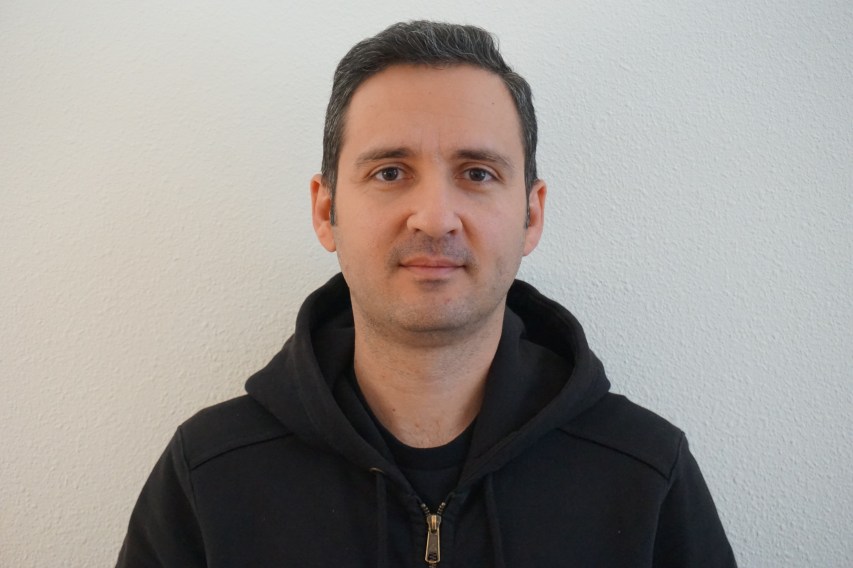EVENT AGENDA
Event times below are displayed in PT.
RTC @Scale is for engineers who develop and manage large-scale real-time communication (RTC) systems serving millions of people. The operations of large-scale RTC systems have always involved complex engineering challenges which continue to attract attention due to the explosive growth of RTC over the last couple years. The @Scale community focuses on bringing people together to discuss these challenges and collaborate on the development of new solutions.
Register today and check back for upcoming speaker and agenda announcements!

RTC @Scale 2024 will be hosted virtually. Joining us are speakers from Intel, LiveKit, Visionular, BlogGeek.me and Meta. The event will feature talks themed around four main topic areas: Core AV in RTC, Use of ML, Infrastructure supporting RTC at scale and Open Source.
Event times below are displayed in PT.
As the ability for more people to communicate in new ways expands, consumer needs are centered around fostering human connection through technology. Nitin’s talk will include the primary user needs which are driving the future of RTC, and how the latest innovations are shaping the future ahead including in the Metaverse.

Providing a natural real-time audio communication experience at the scale of billions of users across WhatsApp, Instagram and Messenger is challenging, particularly given the diversity of devices and network conditions we encounter. Echo (hearing yourself back) and audio quality under low bandwidth network conditions, are two well known problems that can seriously disrupt the call experience. In this talk, we will discuss the results of our long-term investments and innovation in these two areas as well as recent launches that revamp the core of Meta’s audio processing stack powering calling across our Family of Apps.


Providing a natural real-time audio communication experience at the scale of billions of users across WhatsApp, Instagram and Messenger is challenging, particularly given the diversity of devices and network conditions we encounter. Echo (hearing yourself back) and audio quality under low bandwidth network conditions, are two well known problems that can seriously disrupt the call experience. In this talk, we will discuss the results of our long-term investments and innovation in these two areas as well as recent launches that revamp the core of Meta’s audio processing stack powering calling across our Family of Apps.


Long distance calls can be challenging, but Meta's WhatsApp and Remote Presence orgs have some valuable insights to share. This presentation will explore how Meta's global network of edge clusters can be leveraged to build a stable and high-quality network infrastructure for serving over 500+ million long distance video and audio calls worldwide on daily bases. By utilizing Meta's extensive resources and expertise, we can improve the user experience and provide more reliable connections for long distance calls.









This presentation covers how Meta is improving the video quality for RTC apps by moving to next gen Video Codecs like AV1 to improve quality for low bandwidth, bringing HD video to high end networks and devices.

What does it take to develop and deploy AV1 in RTC applications? This presentation will discuss how RTC is different from other video coding applications and why that is challenging for developing an encoder that performs well. While other applications typically place coding performance above all other requirements, in RTC an encoder must meet demanding trade-offs with computational cost and be subject to many constraints. As encoding standards get more complex, meeting these constraints requires careful consideration of how to approach encoding.

5G and Edge Computing are now enabling new user experiences for immersive media such as 360-degree video, where content creation is in real-time and equally uses upstream and downstream links. Here we will present a 360 Immersive Media solution using the Intel Open WebRTC Toolkit (OWT) and Intel edge platform, which is composed of media ingestion from multiple cameras, remote control, and distribution over 5G networks. A performance evaluation showing the gain in terms of bandwidth and latency will be presented as well. In addition, a more generic framework is proposed for delivering spatially partitioned content using RTP.

Network resiliency algorithm is a key part to ensure seamless media in RTC. We will discuss Meta's recent improvements to Network Resiliency with Long Term Reference (LTR) and Reed Solomon Code.








WebRTC is going through turmoil these days. On one hand, contributions aren’t high to the codebase, but on the other hand, we see a lot of minor improvements and changes, hinting at the future of WebRTC. Who are the people contributing to the base libWebRTC codebase used in all modern browsers today, and what are the areas of interest they are covering? This is what we will review during this session, trying to glean out of these tidbits where we are headed to with WebRTC.

In this talk, we will go over observability for RTC applications which is critical to ensuring good operational monitoring and debugging to scale across billions of users. We'll cover the entire space in detail and also dive into the architecture of RAlligator, a real time data aggregation service built specifically for analyzing data from all Meta RTC applications. Finally, we'll go over all the different debugging tools and various different types of logs used by Rsys.


Sean will talk about lessons learned from his journey in Open Source. The joys of building something with huge impact. The frustrations when Open Source is done wrong. The success that can be found when doing it effectively. When done well Open Source has huge benefits for users, developers and companies.

The existing congestion control/bandwidth estimation algorithms have several hand-tuned parameters and actions depending on network conditions, leading to challenges in engineering, experimentation, maintenance, and operational monitoring. A machine learning based approach can offer a cleaner alternative with improved performance by addressing the problem holistically across layers (BWE, Network Resiliency, and Transport). This talk outlines our method for addressing BWE and CC issues in RTC using machine learning, discussing obstacles encountered, recent findings, and upcoming plans. Specifically, we explore network characterization and prediction problems, showcasing a few representative examples.










Li-Tal is a key leader in Remote Presence org in Meta, supporting media in... read more
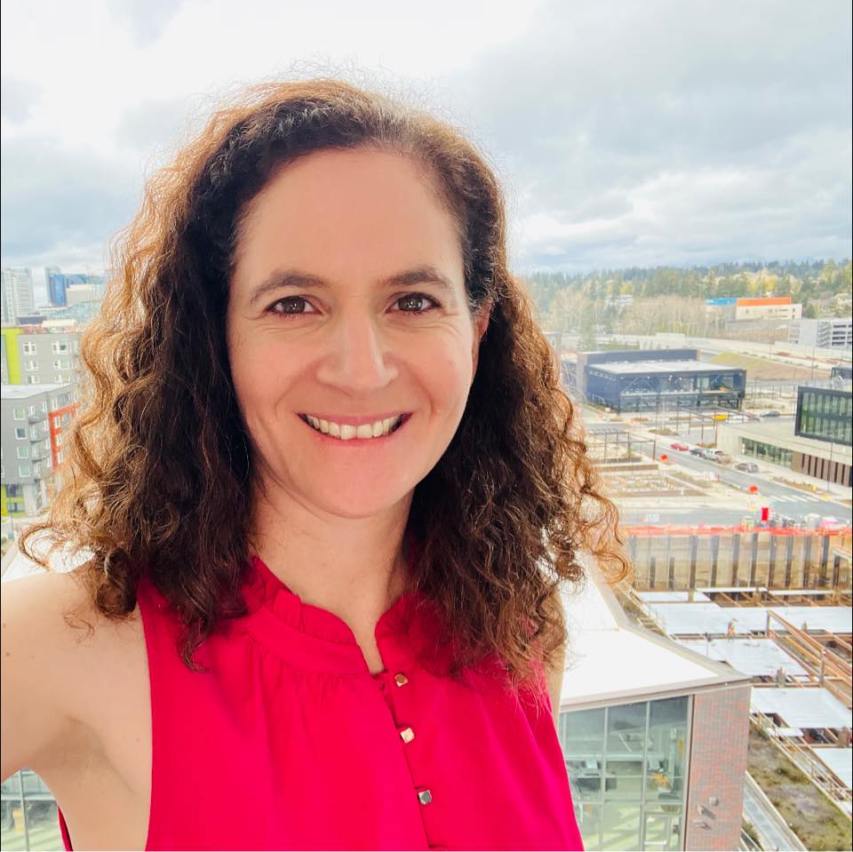
Nitin is a user-needs driven engineering leader. He leads the Consumer engineering organization responsible... read more
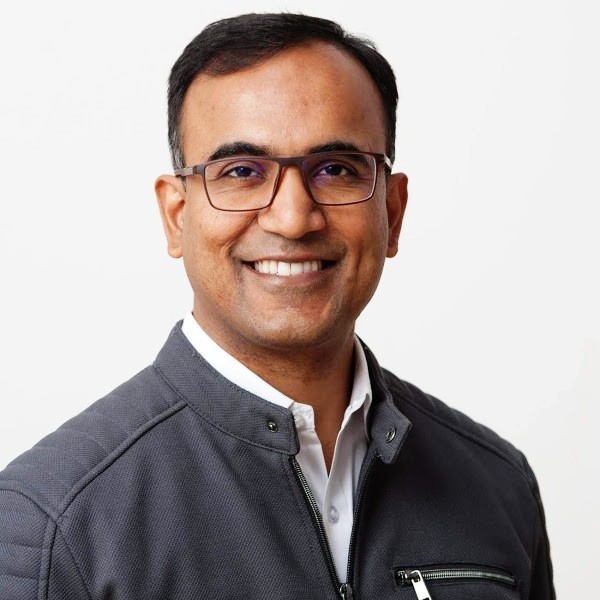
Sriram Srinivasan leads the audio teams at Meta working on technologies for next-gen real-time... read more

Hoang Do leads the Media Core Audio team, part of Media Foundation org at... read more

Jatin Kumar is a software engineer and the Tech Lead for the WhatsApp Calling... read more
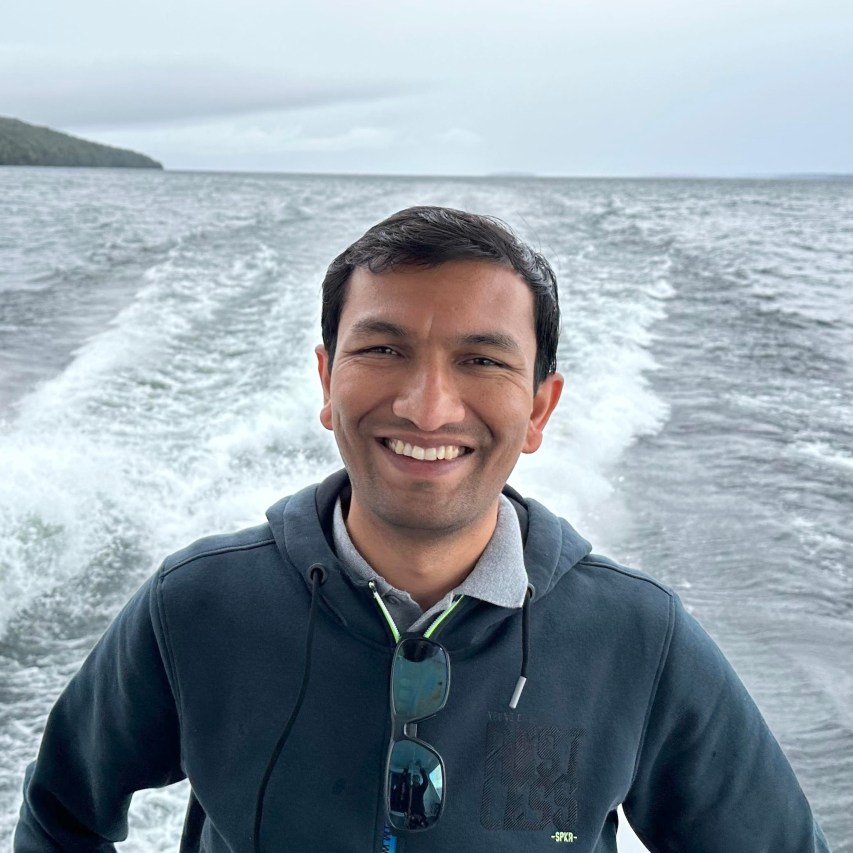
Bikash Agarwalla is an Engineering Manager at WhatsApp Inc working on Calling products for... read more
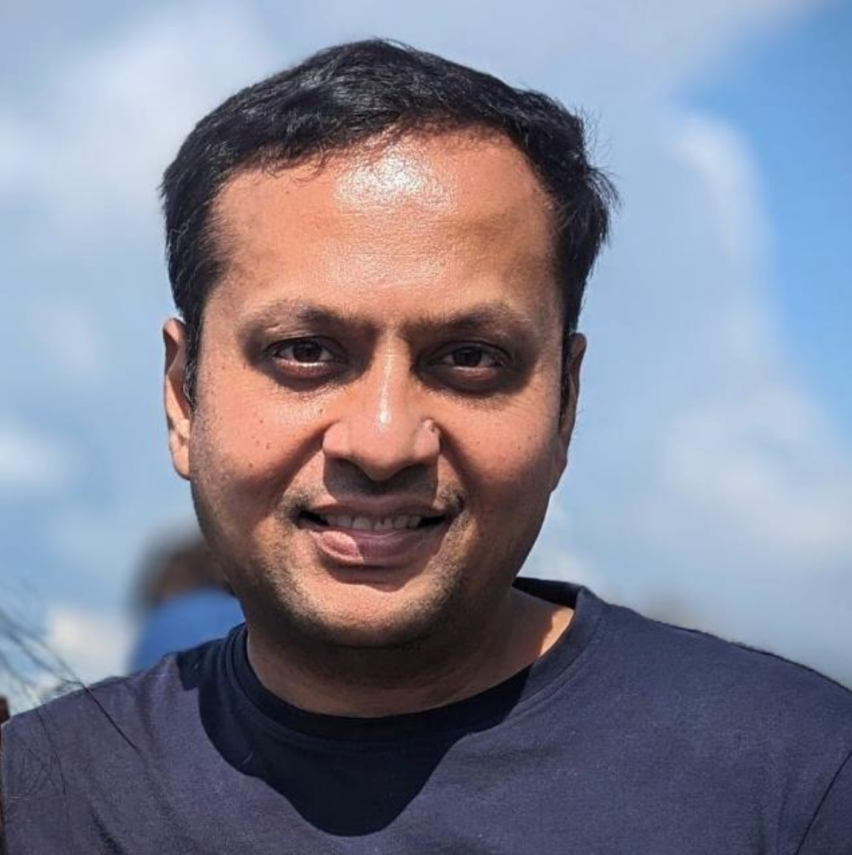
Yi is a software engineer in Meta's Remote Presence org, which is responsible for... read more
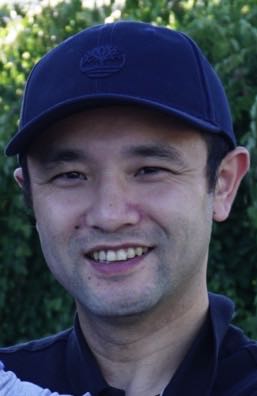
Saish has spent over two decades solving networking problems related to security and real... read more
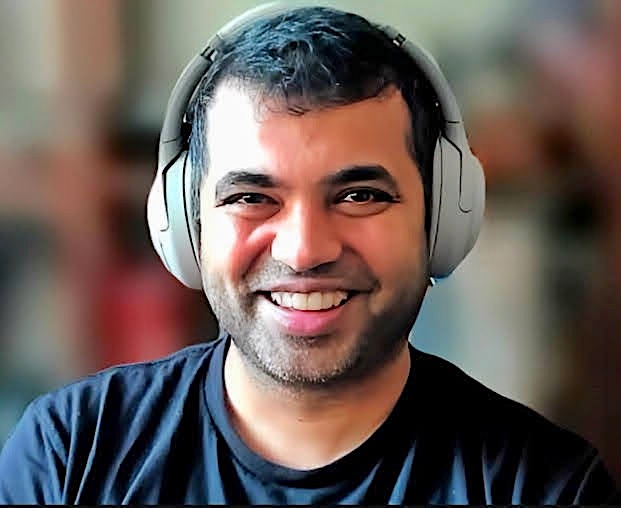
Kaustubh is a researcher specializing in artificial intelligence at Meta, based in Bellevue, Washington.... read more

Shyam Sadhwani is a software engineer at Meta since 2016. He works on improving... read more
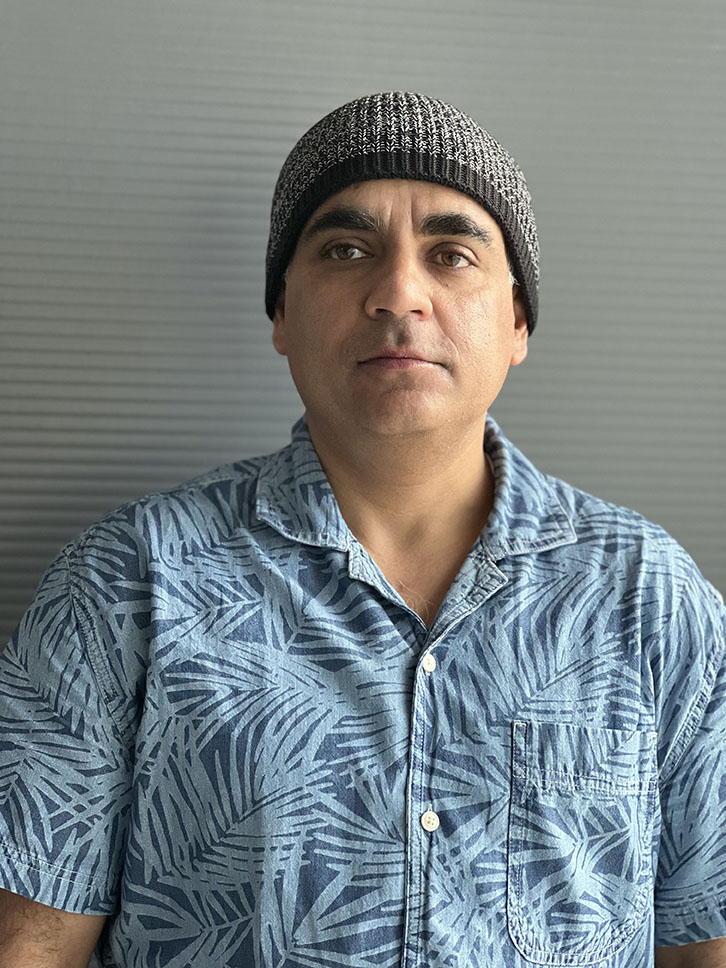
Thomas's focus at Visionular is the development and deployment of real-time, high-performance video codecs.... read more

Gang Shen is a system architect in Intel Network and Edge Group focusing on... read more
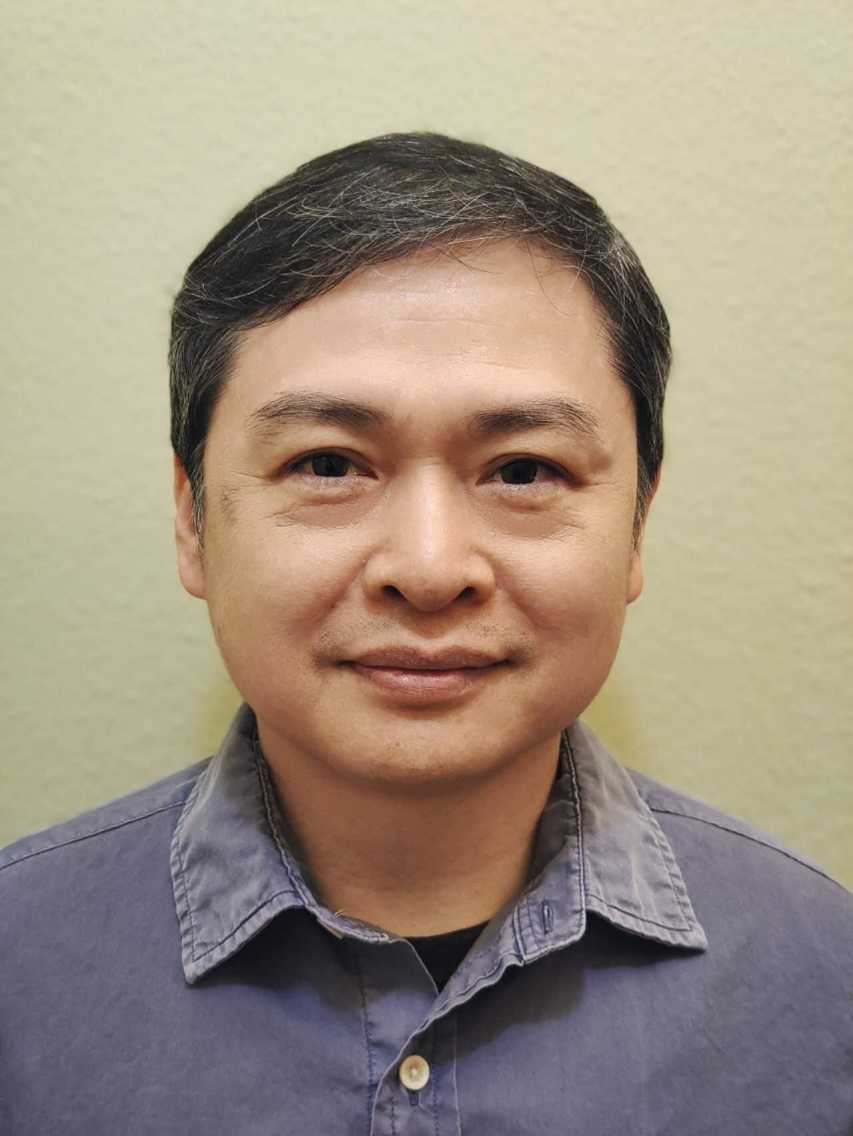
Fengdeng is a software engineer at Meta. Being a veteran in the real-time communication... read more

Fan Zhou has worked for 4 years at Meta, where he has been focused... read more
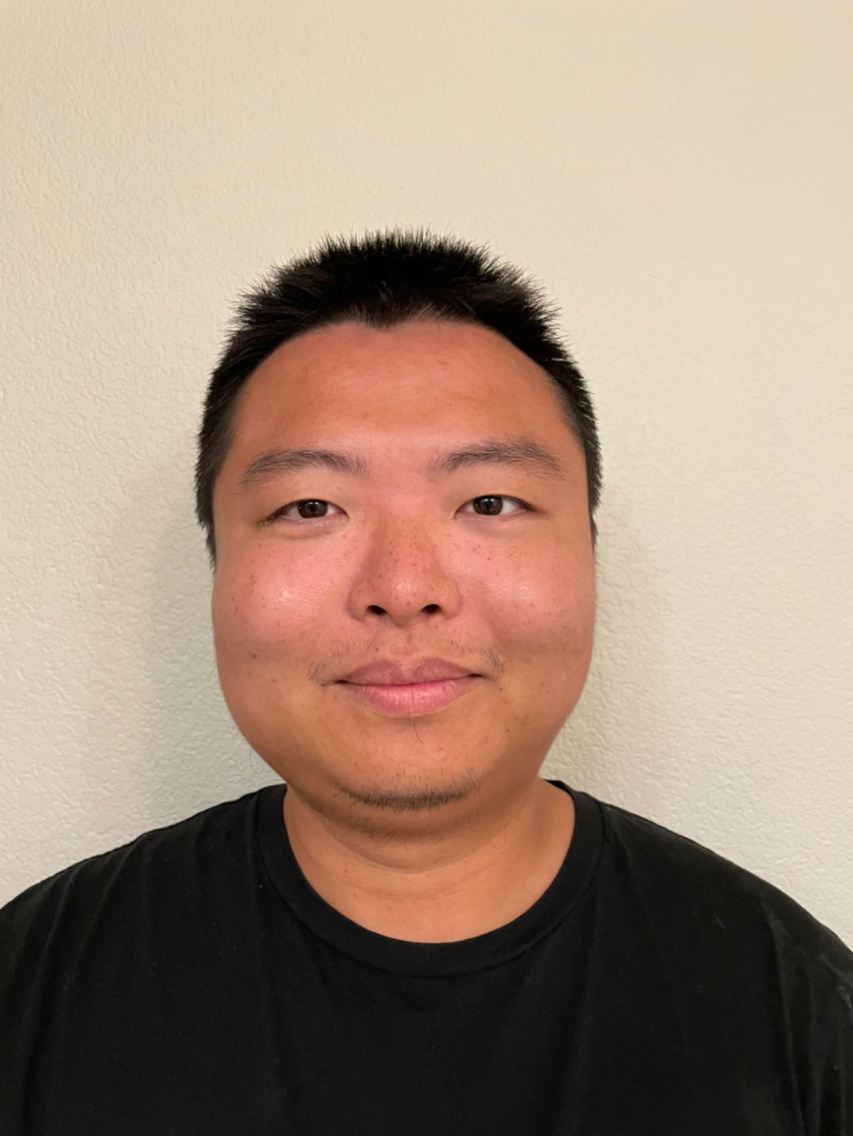
Jie is a software engineer at Meta, where she is currently part of the... read more

I am a developer by heart. Always have been. The thing is, I found... read more
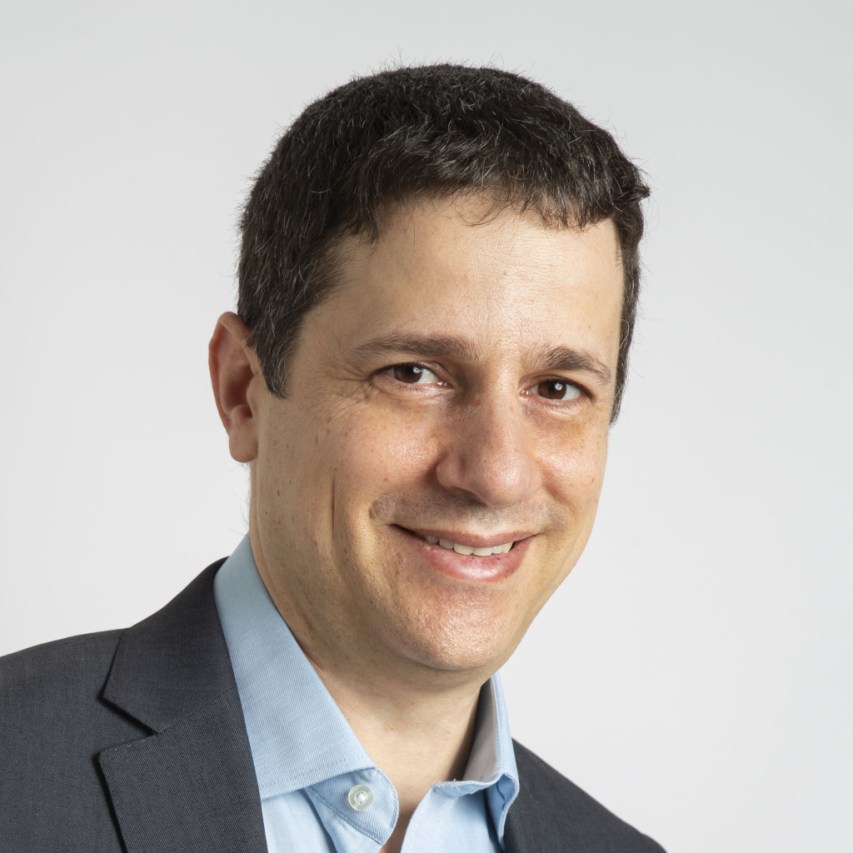
Mandeep graduated from the University of Waterloo in 2007 with a bachelors of applied... read more
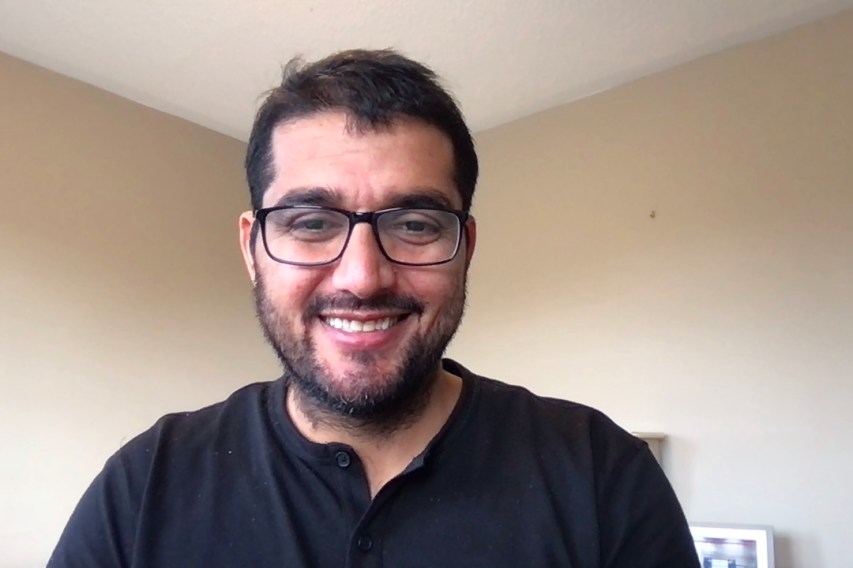
I was the lead engineer of the team that built Rsys, a client side... read more
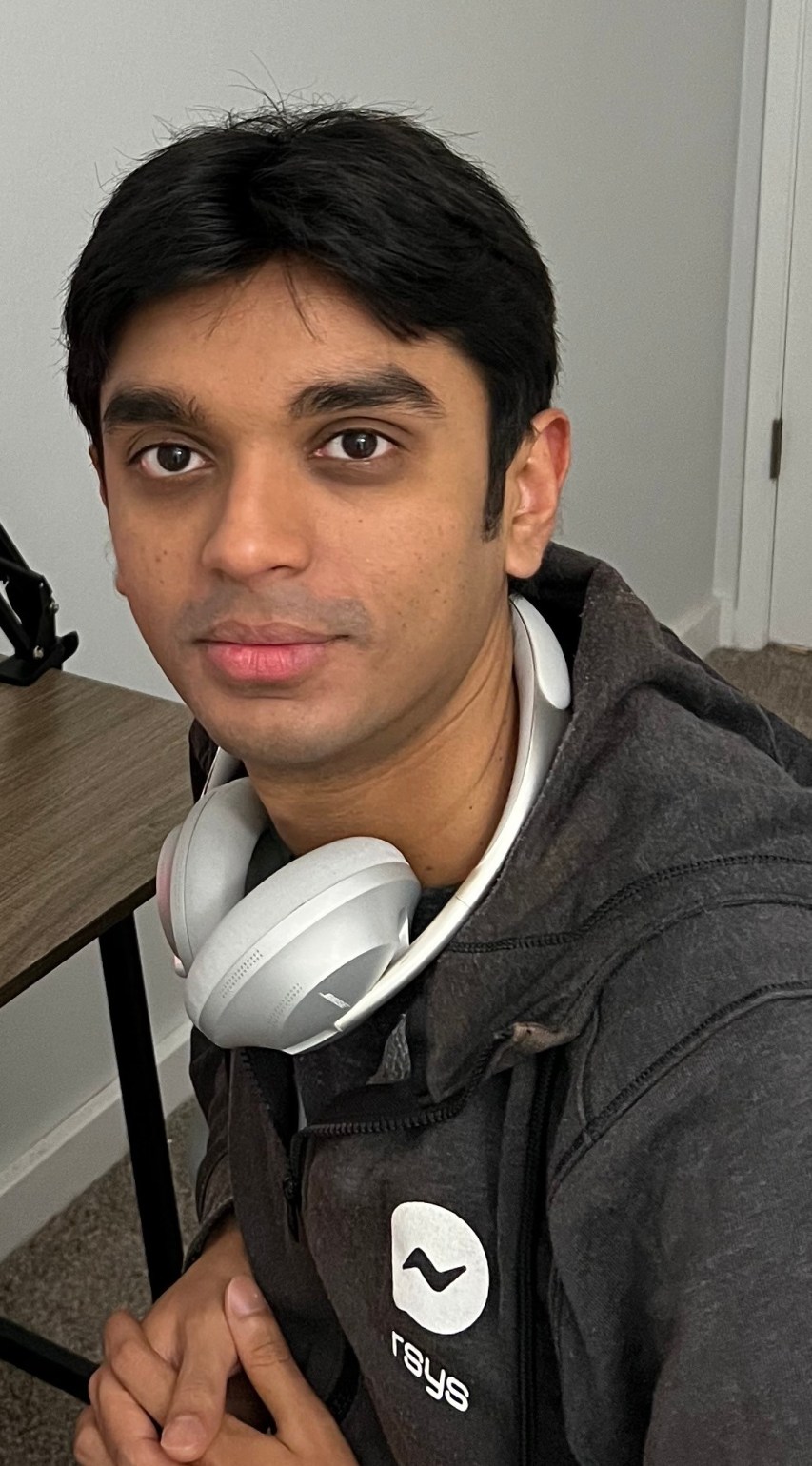
Sean created Pion WebRTC, WebRTC for the Curious, Broadcast Box and added WebRTC support... read more

Dr. Liyan is the Machine Learning (ML) lead and expert for networking projects in... read more

Dr. Sunderrajan is the technical lead for ML-based bandwidth estimation and congestion control in... read more
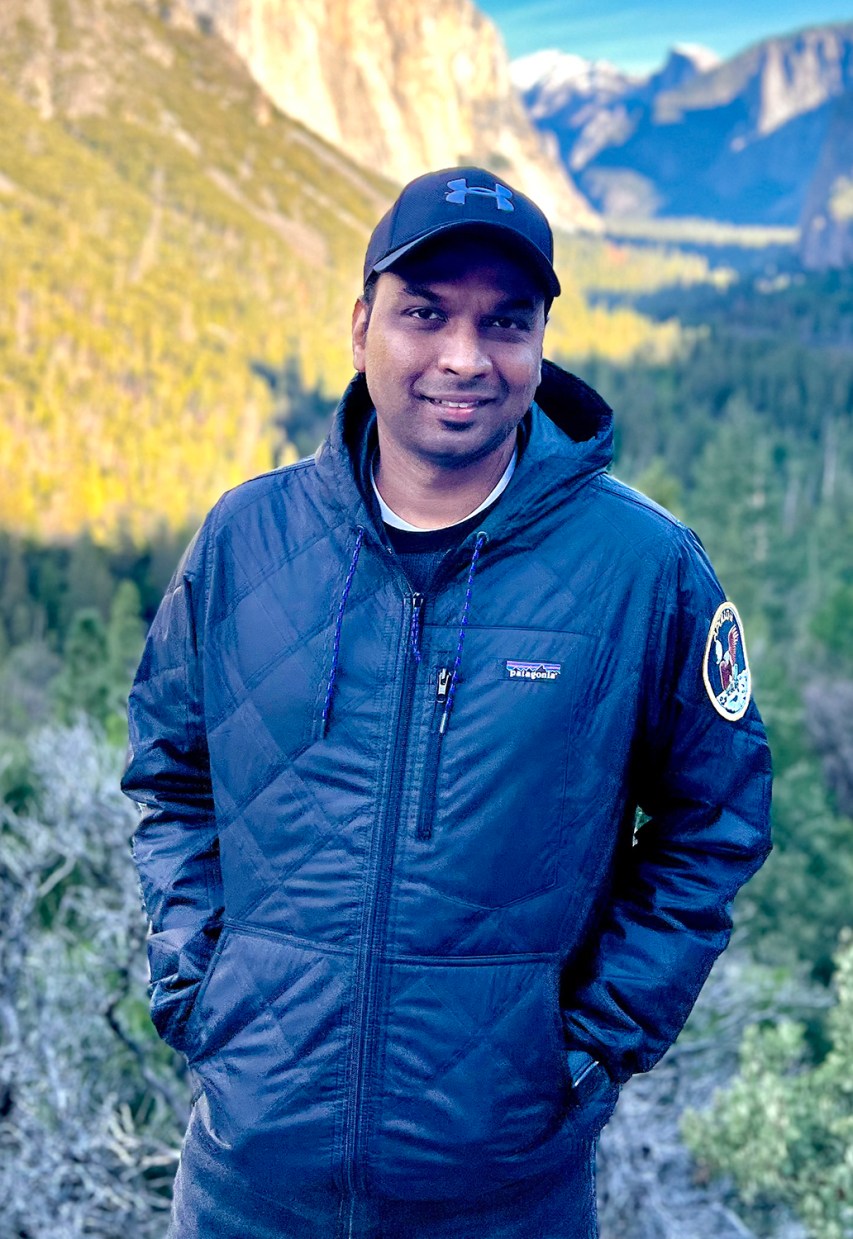
Pavel is a Software Engineer at Meta, working on the real time communications RTC... read more
